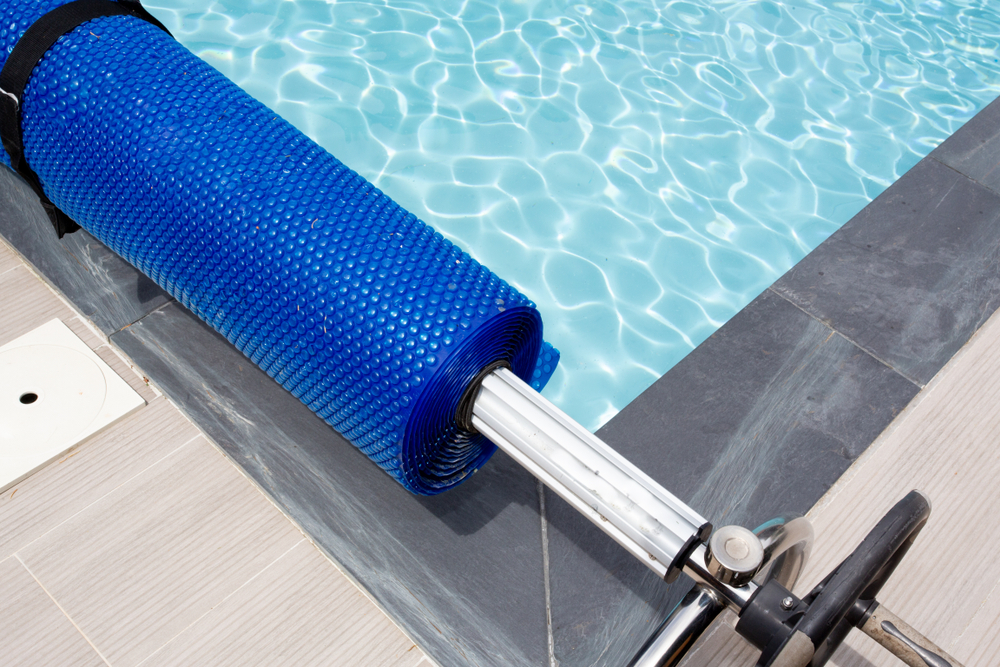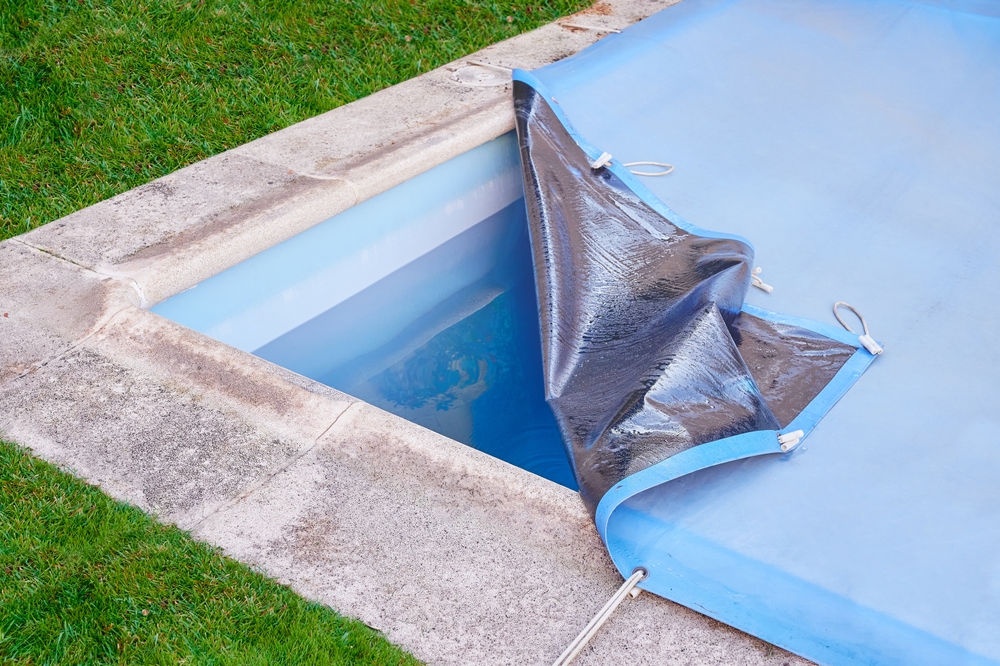Everything You Need to Know About Pool Covers: The Ultimate Guide to Pool Protection and Maintenance
Pool covers are an essential aspect of maintaining a swimming pool. Whether you’re a pool owner or considering investing in a pool cover, understanding the benefits, types, and maintenance required will help you make an informed decision. In this ultimate guide, we’ll explore everything you need to know about pool covers, including their benefits, the consequences of not using one, and the different types available.
What Are Pool Covers?
Pool covers are protective layers placed over swimming pools when they are not in use. They come in various materials and designs, each serving a specific purpose. Pool covers can be manual or automatic and are designed to fit different pool shapes and sizes.
Benefits of Pool Covers
1. Energy Efficiency
Pool covers help retain heat in the water, reducing the need for additional heating. By minimizing heat loss, pool covers can significantly lower energy bills, making them an eco-friendly choice. This is especially beneficial in colder climates where heating costs can be high.
2. Water Conservation
Using a pool cover reduces water evaporation. This is not only environmentally friendly but also saves on the cost of refilling your pool. By covering the pool, you can prevent significant water loss due to evaporation.
3. Reduced Chemical Use
Pool covers minimize the exposure of pool water to the elements. This helps in maintaining the balance of chemicals, reducing the need for frequent chemical treatments. Less exposure to sunlight and debris means fewer chemicals are required to keep the water clean and balanced.
4. Debris Protection
One of the most noticeable benefits of a pool cover is its ability to keep debris, such as leaves, twigs, and insects, out of the pool. This reduces the time and effort needed for cleaning and keeps the water looking clear and inviting.
5. Safety
Safety is a major concern for pool owners, especially those with young children or pets. A pool cover can act as a barrier to prevent accidental falls into the pool, offering peace of mind and enhancing the safety of your swimming area.
6. Temperature Regulation
Pool covers help in maintaining the temperature of the water. They can keep the pool warmer during cooler months and cooler during hot weather, making your pool more comfortable to swim in throughout the year.
Types of Pool Covers
1. Solar Pool Covers
Solar pool covers are designed to harness the sun’s energy to heat the pool water. They are made from a lightweight, UV-resistant material that allows sunlight to pass through and warm the water. Solar covers are easy to use and can significantly increase the water temperature.
2. Mesh Pool Covers
Mesh pool covers are made from a strong, breathable fabric that allows rainwater to pass through while keeping debris out. These covers are ideal for winter use as they prevent the accumulation of leaves and other debris, while also reducing the risk of algae growth.
3. Solid Pool Covers
Solid pool covers are designed to provide complete protection from debris and sunlight. They are made from durable materials and are typically used during the off-season. Solid covers are effective at keeping the pool clean and conserving heat.
4. Automatic Pool Covers
Automatic pool covers are motorized and can be opened or closed with the push of a button. These covers offer convenience and ease of use, and they are often custom-made to fit the specific dimensions of your pool. Automatic covers provide excellent protection and can be a valuable investment for busy pool owners.
5. Safety Covers
Safety covers are specifically designed to prevent accidental falls into the pool. They are made from strong materials and are anchored securely to the pool deck. Safety covers are an essential addition for families with young children or pets, providing an extra layer of protection.
What Happens If You Don’t Use a Pool Cover?
1. Increased Water Evaporation
Without a pool cover, water evaporation rates are higher, leading to more frequent refilling of the pool. This not only wastes water but also increases the cost of maintaining the pool. Evaporation can also lead to chemical imbalances, requiring more frequent adjustments.
2. Higher Energy Costs
A pool without a cover loses heat more quickly, resulting in higher energy costs for heating. Without a cover, you may need to run the pool heater more often, leading to increased utility bills and a larger carbon footprint.
3. More Debris in the Pool
Without a cover, leaves, insects, and other debris can easily enter the pool. This leads to more frequent cleaning and maintenance, which can be time-consuming and labor-intensive. Debris can also contribute to water quality issues and make the pool less inviting.
4. Increased Chemical Usage
Exposure to sunlight and debris can cause the pool’s chemical balance to fluctuate. Without a cover, you may need to use more chemicals to maintain proper water quality, increasing the overall cost of pool maintenance.
5. Safety Risks
Not using a pool cover can pose safety risks, particularly if there are children or pets around. An uncovered pool is an open hazard, and accidents can happen quickly. A pool cover can provide an additional layer of security and peace of mind.
How to Maintain Your Pool Cover
1. Regular Cleaning
Keep your pool cover clean by removing debris, leaves, and dirt regularly. This prevents the buildup of grime and ensures that the cover remains in good condition. Use a soft brush or a leaf blower to clean the cover, depending on the material.
2. Check for Damage
Inspect your pool cover regularly for signs of wear and tear. Look for tears, holes, or any other damage that could affect its performance. Promptly repair or replace any damaged areas to maintain the cover’s effectiveness.
3. Proper Storage
When not in use, store your pool cover in a clean, dry place. Avoid folding or compressing the cover in a way that could damage it. Proper storage extends the lifespan of the cover and ensures it is ready for use when needed.
4. Maintain Pool Chemistry
Even with a cover, it’s important to maintain proper pool chemistry. Regularly test and adjust the water’s pH, chlorine levels, and other chemical balances to keep the pool water clean and safe.
5. Seasonal Care
Adjust the care of your pool cover based on the season. For example, during winter, make sure the cover is securely anchored to withstand snow and ice. In warmer months, ensure the cover is properly cleaned and maintained to prevent algae growth and other issues.
Conclusion
Pool covers offer numerous benefits, including energy efficiency, water conservation, reduced chemical use, debris protection, and enhanced safety. With various types available, from solar and mesh to automatic and safety covers, there’s a solution to meet every pool owner’s needs. By understanding the advantages of pool covers and the potential consequences of not using one, you can make an informed decision and ensure your pool remains in excellent condition.
Proper maintenance of your pool cover is essential for maximizing its lifespan and effectiveness. Regular cleaning, inspection, and seasonal care will help keep your pool cover in top shape and contribute to a more enjoyable and efficient pool experience.
Investing in a pool cover is not only a practical choice but also a step towards more responsible pool ownership. By following the guidelines in this ultimate guide, you can enjoy a cleaner, safer, and more energy-efficient swimming pool for years to come.
Need Pool Contractors In Los Angeles, CA?
Since 1999, Avanti Pools, Inc. has proudly been your locally owned and operated source for premier custom-designed pools and spas, serving Los Angeles and the surrounding areas with unparalleled quality and service. The experts at Avanti Pools, Inc. are A.P.S.I. certified professional pool builders that hold over 60 years of combined experience specializing in swimming pool and spa design and construction, automatic pool and spa covers, solar heating, self-cleaning pools, and much more. Our area of expertise lies in special engineering on difficult sites, so we are capable and fully equipped to handle even the most challenging of projects. Call the expert pool builders at Avanti Pools, Inc. today!
 (818) 501-3759
(818) 501-3759
